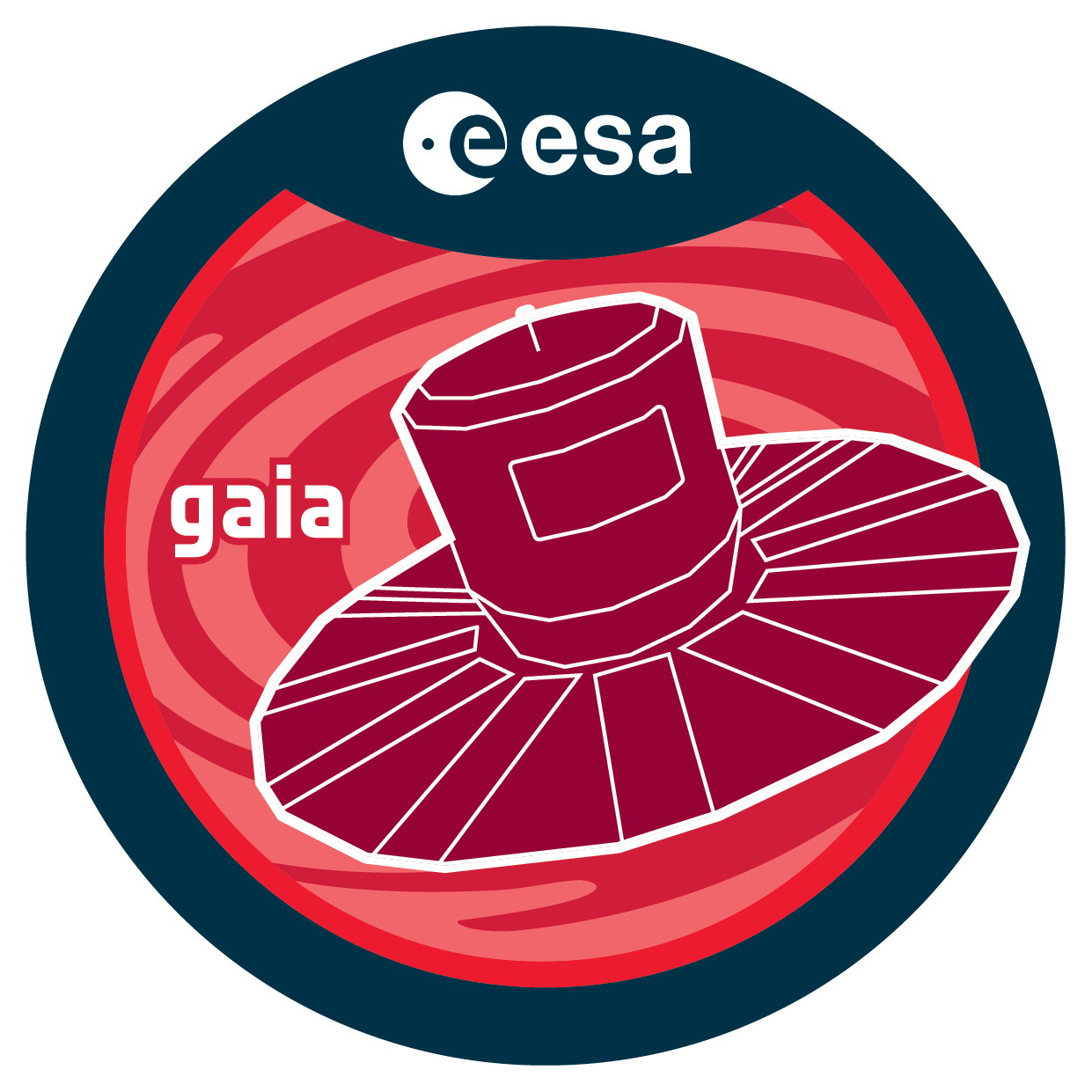De Cat Peter - Gaia
Gaia contributors
Gaia was proposed in 1993 and since then, many people have been involved in the Gaia mission, whether at ESA, at industry side or at one of the institutes involved in the Gaia data processing. The Gaia Data Processing and Analysis Consortium (DPAC) is a collaboration which consists of around 450 scientists and engineers.
The list of Gaia contributors presented here should not be considered a complete representation of the entire consortium and should not be considered as a list of currenly active people on the Gaia mission. A more complete list of Gaia contributors that were involved in the creation of the Gaia catalogues can be obtained from the author lists of the Gaia Collaboration overview papers (for Gaia Data Release 1 see here, for Gaia Data Release 2 see here, for Gaia Early Data Release 3 see here, for the full Gaia Data Release 3 see here, for Gaia Focused Product Release see here). A history of contributions to the Gaia mission can be found from the acknowledgements given with each data release.
Gaia DPAC members who wish to be featured on these pages can contact the Gaia Helpdesk. Anyone who wishes to be removed from this website can contact the Gaia Helpdesk.
 |
Royal Observatory of Belgium, Brussels |
|
Peter De Cat is primarily interested in observational studies of pulsating main-sequence stars (with special attention to multiple systems). He obtained his PhD in 2001 at the Catholic University of Leuven with an observational study of bright southern slowly pulsating B stars. After a post-doc of 2 years at the same institute, he obtained a staff position at the Royal Observatory of Belgium in Brussels, where he additionally started to study the small members of the solar system (astrometry of asteroids). Peter's involvement in the Gaia mission began in 2002 as a core member of the Variable Stars working group. Since then he has become a member of CU4 (Object processing), CU6 (Spectroscopic processing), and CU7 (Variability processing). He is (or will be) contributing to work packages GWP-M-440-20000 (Astrometric Reduction), GWP-S-660-00000 (Multiple transits analysis), and GWP-S-711-00000 (Variability Characterisation) & GWP-S-712-00000 (Classification), respectively. [Published: 25/07/2006] |
|
- Removed a total of (2) style text-align:center;
- Removed a total of (3) style text-align:justify;
- Removed a total of (1) border attribute.
- Removed a total of (1) cellpadding attribute.
- Removed a total of (1) cellspacing attribute.
Gaia people archive
- Removed a total of (1) style overflow:auto;
- Removed a total of (2) border attribute.
- Removed a total of (2) cellpadding attribute.
- Removed a total of (2) cellspacing attribute.








































 Sign in
Sign in
 Science & Technology
Science & Technology

